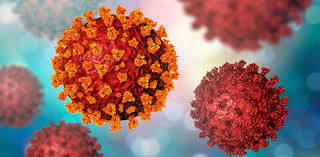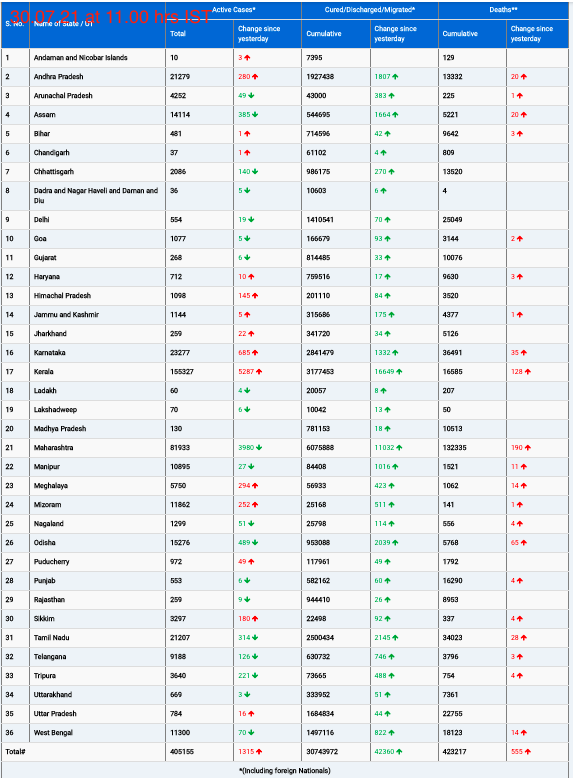DHAKA, Bangladesh – A surge in demand for batteries, driven by the electrification of rickshaws, has unleashed a devastating wave of lead poisoning across Bangladesh, leaving millions of children at risk of severe and irreversible health damage. Junayed Akter, a 12-year-old boy, exemplifies this alarming trend, his growth stunted and cognitive development impaired by toxic lead levels.
According to recent reports, a staggering 60% of Bangladeshi children, approximately 35 million individuals, are suffering from dangerously high lead exposure. Junayed’s mother, Bithi Akter, attributes her son’s condition to a now-closed battery recycling factory in their village, which released plumes of toxic smoke and contaminated the surrounding environment.
“It would start at night, and the whole area would be filled with smoke. You could smell this particular odor when you breathed,” Bithi Akter told AFP. “The fruit no longer grew during the season. One day, we even found two dead cows at my aunt’s house.”
Medical tests revealed that Junayed’s blood lead levels were twice the World Health Organization’s threshold for serious mental impairment in young children. “From the second grade onward, he didn’t want to listen to us anymore, he didn’t want to go to school,” Bithi said. “He cried all the time too.”
While lead poisoning is not a new issue in Bangladesh, with sources including lead-based paint and adulterated turmeric, the proliferation of informal battery recycling factories has exacerbated the problem. These factories, operating with minimal safety measures, break down and melt old batteries, releasing toxic fumes and acidic wastewater into the environment.
Environmental watchdog Pure Earth estimates that there could be as many as 265 such sites across the country. “They break down old batteries, remove the lead and melt it down to make new ones,” Pure Earth’s Mitali Das told AFP. “They do all this in the open air. The toxic fumes and acidic water produced during the operation pollute the air, soil and water.”
In Fulbaria, another village near Dhaka, a Chinese-owned battery recycling factory continues to operate, discharging murky water into the surrounding landscape, turning once-lush fields into barren wastelands. Local resident Rakib Hasan expressed his despair, saying, “As a child, I used to bring food to my father when he was in the fields. The landscape was magnificent, green, the water was clear. You see what it looks like now. It’s dead, forever. They’ve killed our village.”
Hasan’s complaints led to a court order to shut down the factory, but the decision was later reversed. He alleges that “the factory bought off the local authorities.” Neither the company nor the Chinese embassy in Dhaka responded to requests for comment.
The Bangladeshi government acknowledges the severity of the issue but admits that its efforts are often insufficient. “We regularly conduct operations against the illegal production and recycling of electric batteries,” said Syeda Rizwana Hasan, who heads Bangladesh’s environment ministry. “But these efforts are often insufficient given the scale of the phenomenon.”
The mass electrification of rickshaws, a popular mode of transportation, has fueled the demand for batteries, creating a lucrative but dangerous industry. The UN children’s agency (UNICEF) warns that the public health impacts of lead poisoning could cost Bangladesh 6.9% of its national economy.
Muhammad Anwar Sadat of Bangladesh’s health ministry cautioned that the crisis could worsen dramatically if immediate action is not taken. “If we do nothing,” he told AFP, “the number of people affected will multiply three or fourfold in the next two years.”
Disclaimer: This news article is based on information provided and should be considered for informational purposes only. The situation is complex and evolving, and readers are encouraged to consult official sources and experts for further details.












